A far cry from her wistful and introspective fiction, Woolf's essays on literature read as lively, droll, and conversational. These essays focus on famous literary figures as well as the craft of fiction; written in confident but inviting prose designed specifically for what Woolf called the common reader, they interweave biography, wit, social commentary, and literary analysis. Woolf typically seems disinterested in offering definitive arguments or reaching grand conclusions. She instead concerns herself with viewing a given writer or topic from several interpretive angles so that she might reveal as much about her subject as she can in a single essay, to a broad audience consisting of non-academic readers. Favorite essays included "Notes on an Elizabethan Play," "Modern Fiction," "Outlines," and "How it Strikes a Contemporary." (Michael)
Bitte wählen Sie Ihr Anliegen aus.
Rechnungen
Retourenschein anfordern
Bestellstatus
Storno

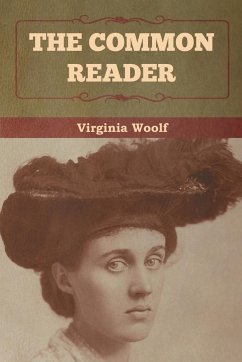

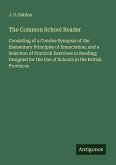
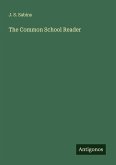
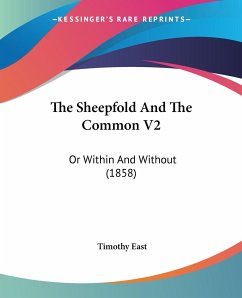

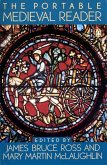
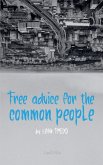
![Beard Shaving and the Common Use of the Razor an Unnatural, Irrational, Unmanly, Ungodly and Fatal Fashion Among Christians [By W.H. Henslowe] Beard Shaving and the Common Use of the Razor an Unnatural, Irrational, Unmanly, Ungodly and Fatal Fashion Among Christians [By W.H. Henslowe]](https://bilder.buecher.de/produkte/67/67107/67107266m.jpg)